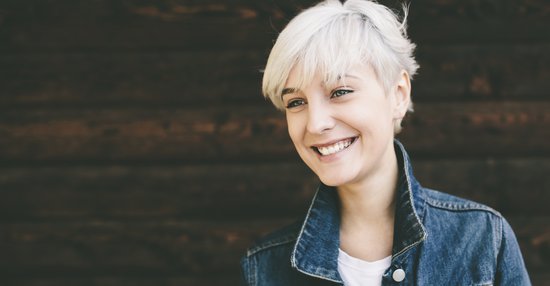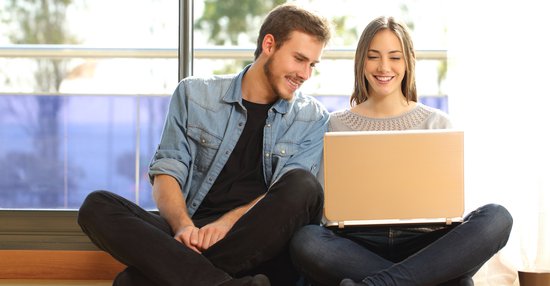In celebration of Look Good Feel Better’s 25th year in Canada, we’ve named 25 Heritage Heroes who have helped the charity make it to 25 inspiring years of helping women and teens with cancer feel like themselves again, or currently play an important role and provide a powerful voice to keep the program alive for years to come.
Each of our 25 Heritage Heroes – one for each year of our program – exemplifies the very essence of Look Good Feel Better’s mission to empower and support women with cancer.
About 60 per cent of women who attend a Look Good Feel Better workshop are referred by their oncology team, which is why Dr. Gary Rodin and Dr. Marg Fitch have been named Heritage Heroes.
DR. GARY RODIN:
Dr. Gary Rodin, Head of the Department of Supportive Care at Princess Margaret Cancer Centre at Toronto’s University Health Network, has been named a Look Good Feel Better Heritage Hero.
Rodin is an advocate for incorporating psychosocial support for cancer patients.
“There is increasing recognition that high quality cancer treatment should not only involve surgery, chemotherapy and radiation, but also high quality supportive care. Too often in the past, supportive care was not regarded as a core part of cancer care. That is what is changing,” said Rodin. “We need to continue to raise awareness about the importance of supportive care and to ensure that we have comprehensive programs available to meet the needs of patients and their families.”
He considers Look Good Feel Better to be part of that person-centred care.
“It’s just one part of trying to support the person through the process,” he said. “People should know about all of the psychosocial programs available."
“If we can prevent distress and promote wellbeing in cancer patients, we’ve made a big difference in the quality of their lives and in their experience of cancer and cancer treatment.”
DR. MARGARET FITCH:
Toronto’s Dr. Marg Fitch has been named a Look Good Feel Better Heritage Hero for her role in developing the program in Canada 25 years ago and her continued advocacy for psychosocial support in cancer-care.
A professor with University of Toronto’s nursing program, Fitch recognizes the struggles a woman faces when diagnosed with cancer.
“If your skin has changed, if your hair has disappeared, your eyebrows have disappeared, then your sense of who you are has shattered in some way,” said Fitch. “Ones sense of identity and how you present yourself to the world with confidence is wrapped up with how you think you look.”
“Part of feeling better is how you look, how you feel about yourself.”
Recognizing those challenges, she rallied behind those who brought Look Good Feel Better to Canada in 1992 and helped develop the volunteer training, so LGFB volunteers would have a solid understanding of patient needs.
“At the beginning, there was no similar program like that around. It was at a point in time where there were very few support programs … and yet there were many people who were saying, ‘I would like information, I’d like help,’” she said.
And while she admits there’s been “remarkable progress” when it comes to incorporating psychosocial support in cancer care, there’s still a long way to go.
“Unfortunately, we’re still at a point in time that when budgets are cut … psychosocial programs go first,” she said. “It’s a different experience for patients and family members now than it was 25 years ago. But the reality is, a cancer diagnosis is always going to have an impact – there will always be an emotional impact, we can’t deny that.”




